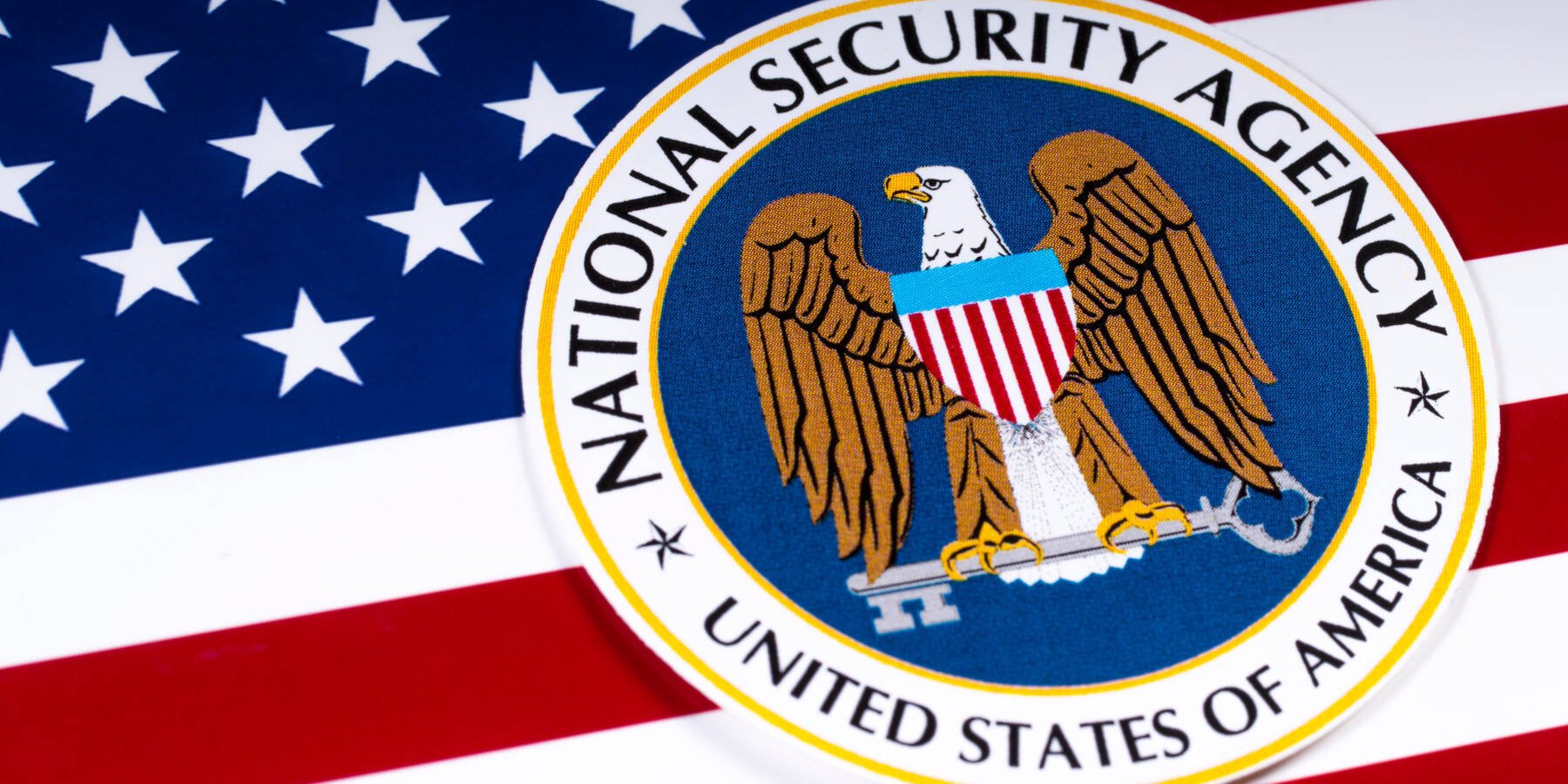No New Top Boss At NSA Until It Answers Questions About Buying Up Location, Browsing Data

Is the NSA buying up Americans' location and browsing data? Senator Ron Wyden (D-OR) is tired of asking and has now moved to block the confirmation of a new NSA director until he gets answers.
"The American people have a right to know whether the NSA is conducting warrantless domestic surveillance of Americans in a manner that circumvents the Fourth Amendment to the Constitution," Wyden said in a statement on Thursday submitted to the congressional record.
"Particularly as Congress is currently debating extending Section 702 of the Foreign Intelligence Surveillance Act, Congress must be able to have an informed public debate about the scope of the NSA's warrantless surveillance of Americans."
As we've previously reported, plenty of personal information is available for purchase from commercial data brokers by US government agencies without a warrant. The Fourth Amendment provides Americans safeguards from unreasonable search and seizures - a protection some, including Senator Wyden, would argue the Feds (and cops to that matter) violate if or when they acquire this info without a warrant.
Congress must be able to have an informed public debate about the scope of the NSA's warrantless surveillance of Americans
These data brokers harvest personal data from all sorts of places, mainly apps reselling your location and other info, and then bundle it up and peddle to interested parties.
Wyden said he was told by Uncle Sam's Defense Intelligence Agency that it, for one, was purchasing American citizens' location data, and he made that point public in early 2021. He said he further pressed the Pentagon for the names of other military agencies buying records of people's whereabouts, browsing histories, and other personal matters, and in March that year got the answers he wanted – but the disclosure was marked "controlled unclassified information" (CUI). The senator took that to mean he couldn't share it.
CUI is not classified information, as its name indicates, but it should, generally speaking, be protected with access controls and not widely disseminated. Wyden is clearly not a fan of this labeling, which he described as a "made up designation with no basis in law." CUI was created by an executive order from President Obama in 2010.
"The administration is abusing the CUI designation to keep this unclassified information from the American public," Wyden continued.
So now the senator has placed a hold on Lieutenant General Timothy Haugh's confirmation as NSA director until the spying nerve-center confirms or denies (presumably under an unclassified designation) that it is buying up citizens' location data and/or browser histories without a warrant. The senator wants a simple yes or no.
This won't guarantee answers, however. It does mean the NSA will either need to satisfy Wyden's request, or Congress will need to hold a procedural vote to push through the confirmation.
- US govt pays AT&T to let cops search Americans' phone records – 'usually' without a warrant
- Uncle Sam snooping on US folks? Not without a warrant, lawmakers agree
- Senate bill aims to stop Uncle Sam using facial recognition at airports
- US readies prison cell for another Russian Trickbot developer
In his statement Wyden makes clear his objections to Haugh's promotion to the rank of general and nomination to the NSA directorship aren't personal nor related to his qualifications. The congressman simply wants Uncle Sam to open up a little.
Senator Wyden isn't the only one who's run into opposition trying to obtain more information on US domestic intelligence gathering efforts. The Electronic Frontier Foundation has filed freedom of information act requests and lawsuits to get this evidence.
Wyden's latest effort comes as Congress weighs up the future of FISA Section 702, which is due to expire at the end of this year unless it's reauthorized, and in certain circumstances allows government snoops to analyze US persons' private communications without a warrant. While lawmakers are likely to renew the controversial intelligence tool, many on both sides of the aisle would like to see additional safeguards added.
One proposed reauthorization bill, which has already received pushback from the White House, includes several surveillance reforms, including one requiring warrants for government purchases of private information from data brokers. A rival and much more spy-friendly bill has also been introduced. ®
From Chip War To Cloud War: The Next Frontier In Global Tech Competition
The global chip war, characterized by intense competition among nations and corporations for supremacy in semiconductor ... Read more
The High Stakes Of Tech Regulation: Security Risks And Market Dynamics
The influence of tech giants in the global economy continues to grow, raising crucial questions about how to balance sec... Read more
The Tyranny Of Instagram Interiors: Why It's Time To Break Free From Algorithm-Driven Aesthetics
Instagram has become a dominant force in shaping interior design trends, offering a seemingly endless stream of inspirat... Read more
The Data Crunch In AI: Strategies For Sustainability
Exploring solutions to the imminent exhaustion of internet data for AI training.As the artificial intelligence (AI) indu... Read more
Google Abandons Four-Year Effort To Remove Cookies From Chrome Browser
After four years of dedicated effort, Google has decided to abandon its plan to remove third-party cookies from its Chro... Read more
LinkedIn Embraces AI And Gamification To Drive User Engagement And Revenue
In an effort to tackle slowing revenue growth and enhance user engagement, LinkedIn is turning to artificial intelligenc... Read more

